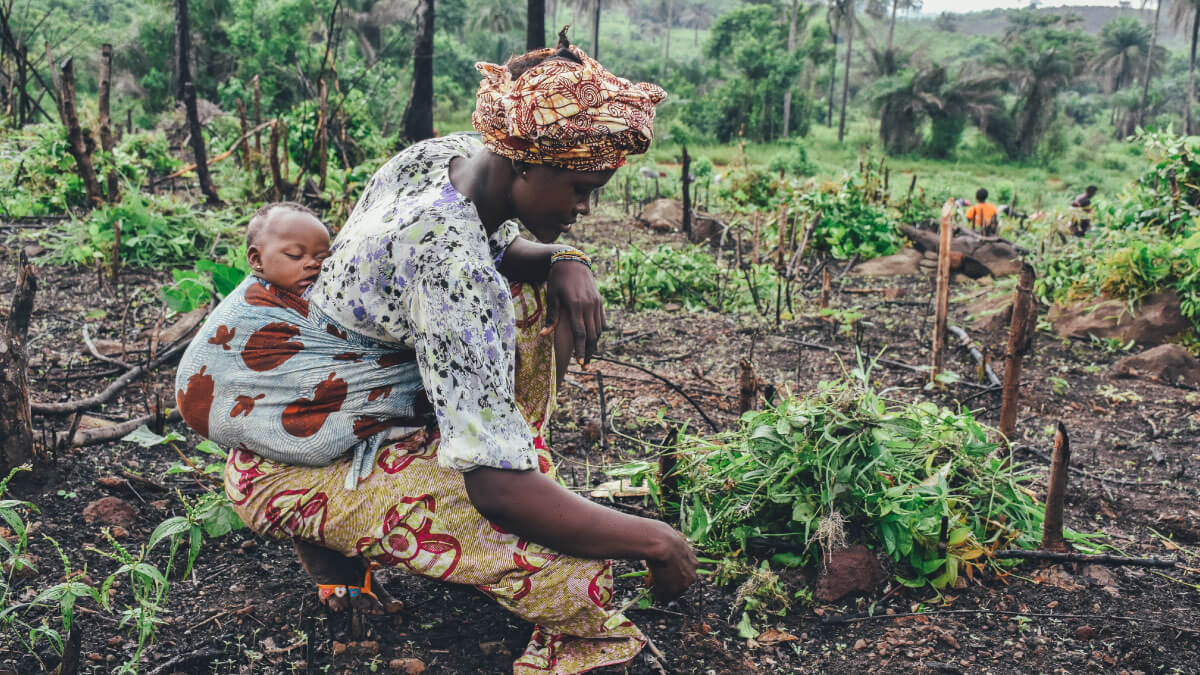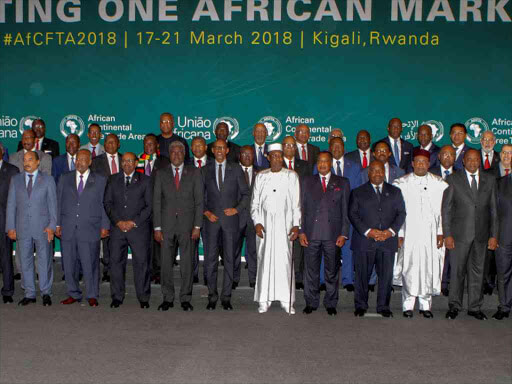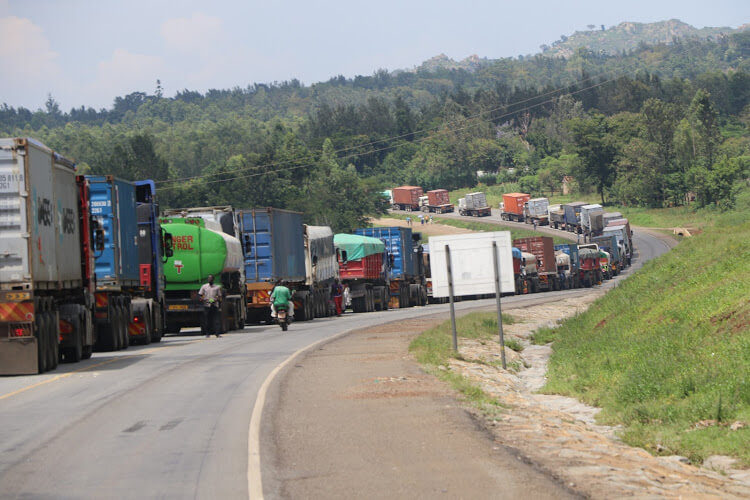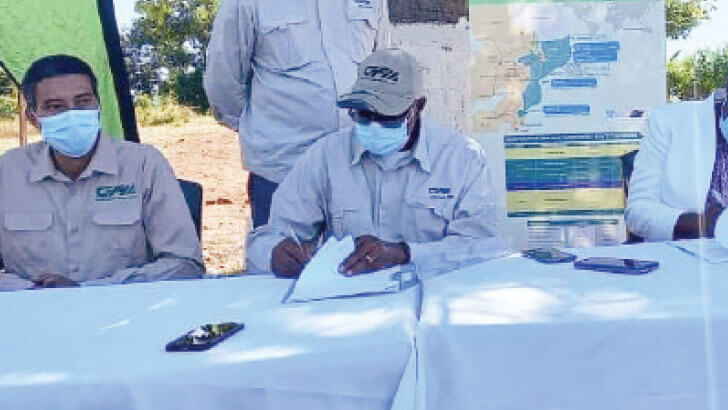The Minister of Trade Sosten Gwengwe has challenged the private sector to take advantage of the prevailing market opportunities created by African Continental Free Trade Agreement (AfCFTA) to expand their businesses in Africa and beyond. Gwengwe lamented that only15 percent of goods traded in Africa are produced within the continent, a scenario that dates back to the time of colonial masters. He urged African countries to utilize the agreement to change this status quo. “When all is done, the onus is on the private sector to take advantage of the prevailing market opportunities created by AfCFTA. This initiative should inform and encourage all the stakeholders, particularly, the private sector to take advantage of the huge regional open market opportunities available now,” he said. Gwengwe made the remarks in Lilongwe on Wednesday when he opened the validation Workshop for the National Implementation Strategy under AfCFTA. The objective of the workshop is to validate a draft a National Strategy for the implementation of AfCFTA, which consultants Nelson Nsiku and Pilirani Chuma have prepared. AfCFTA is premised on the realization that African countries have, for a long time, been trading with the outside world more than other economies on the continent. AfCFTA, therefore, is there to ensure that African countries start trading more among themselves, and create wealth for Africa to benefit African populations. Gwengwe said it is lamentable that 85 percent of goods traded in Africa come from outside the continent, with the remainder being produced with the continent. “I consider AfCFTA...
Private sector challenged to utilize AfCFTA to expand businesses
Posted on: June 10, 2021
Posted on: June 10, 2021
























